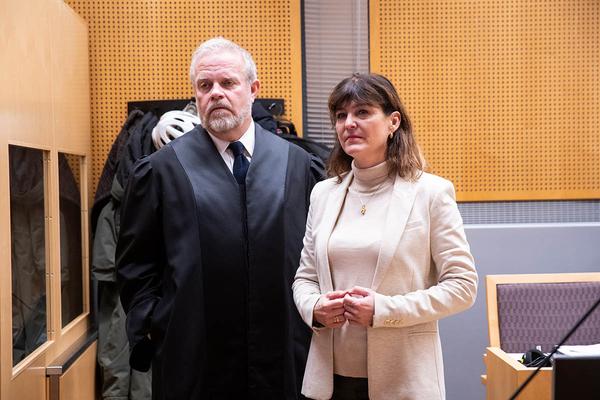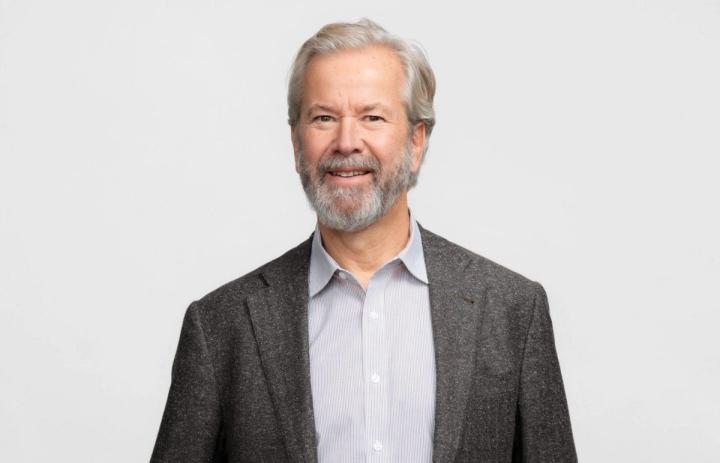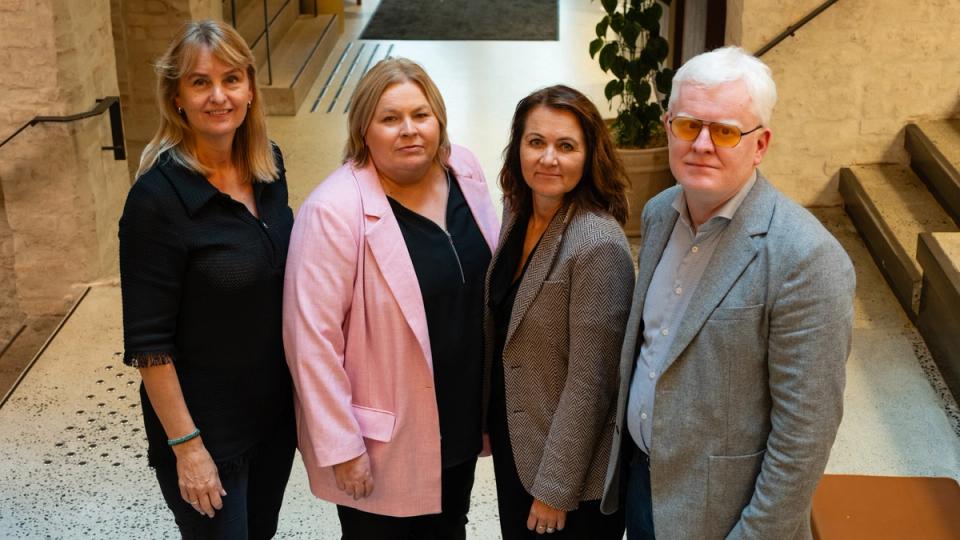4. juni 2023
Oligarchs and other media owners

How can one escape harmful media owners?
By KJERSTI LØKEN STAVRUM, CEO Tinius Trust
“I am a survivor of an unwanted marriage, like many other media colleagues in the Czech Republic, Hungary, Bulgaria, Romania, and Poland. And that marriage really harmed one of the symbols of the free press in Slovakia.
It's Editor-in-Chief Beata Balogová speaking. She leads SME, one of Slovakia's leading news media. From the podium at the Brufani Palace during this year's journalism festival in Perugia, Italy, she spoke about how impossible it is to practice journalism when owned by an oligarch.
And many oligarch owners exist among media organisations in Central and Eastern Europe.
The Slovak investment company Penta bought into SME in 2014:
– They were a toxic investor, says Balogová, explaining that the new owners described the acquisition as access to a 'nuclear briefcase' that would make them more secure and scare off criticism from journalists, the judiciary, or the police.
– That's how it started, and it never stopped. Their lousy reputation hit us hard. Many of the editorial staff quit, and it became difficult to hire good journalists – and we assumed those who wanted to work for us were working for Penta.
– Penta invests in healthcare, financial services, retail, real estate – and media. They were also involved in a major corruption case uncovered last year.
For SME, having Penta as an owner meant that the editorial team found themselves in conflicts of interest no matter how they turned. Either because they covered competitors or because they mentioned Penta. If they engaged in critical journalism against politicians, they were accused of being Penta's mouthpiece. And Penta regularly made their dissatisfaction known because of how the editorial team angled the stories.
Once, Penta tallied up the articles the editorial team had written about healthcare and categorized them as positive, negative, or neutral.
All cases with a critical approach were marked as negative from Penta's perspective.
– We had to deal with them daily. Even when they didn't influence us, we had to be conscious of them, says Balogová.
This story, however, has a positive twist. A few years ago, the American non-profit organization Media Development Investment Fund (MDIF) established the Pluralis fund as a counteraction against oligarch owners. The fund purchases ownership stakes in media that have been taken over or are at risk of being overtaken by Central and Eastern European oligarchs.
Pluralis is made up of a long list of contributors who share a commitment to free media and independent journalism.
Because freedom and independence are the foundations of credible information. We at the Tinius Foundation are one of the contributors to the fund.
In April 2021, we bought out Penta and took over 34 percent of the shares in the company.
– To describe the difference: The only time the new owner has contacted us was to get a list of stories I was proud of, she says.
Pluralis has also purchased 40 percent of Gremi, Poland's second-largest media house, which publishes, among other things, the business newspaper Rzeczpospolita. This happened shortly after the Polish oil company Orlen acquired the largest media house, Polska Press, which owns the local newspapers in the country. Soon after, the editors-in-chief were removed.
The media in Ukraine also have a history of oligarch owners and have been ranked low on Reporters Without Borders' Press Freedom Index (the one topped by Norway) for several years. Last year, just before the war, Ukraine was placed 106th – a significant drop from earlier times.
While it is said that truth is the first casualty of war, one year after Russia's invasion of Ukraine, it has climbed 27 places and is now solidly in the top 100, at 79th place. The explanation states that the war threatens Ukrainian media, but 'in this information war, Ukraine stands on the front line against the Kremlin's expansive propaganda system'.
When peace eventually comes, Ukraine's media landscape will undoubtedly have to be redrawn.
– It's important to have owners who understand journalism, the significance of journalism, and how journalists work, says Beata Balogová.
She adds that the classic media owners, those who appreciate the importance of independence, are fading away in Eastern Europe.
– When you take away a journalist's integrity, the journalist loses self-confidence and becomes part of a massive propaganda machine, she says.
This is something to consider, as we now get Elon Musk's tweets as the first suggestion when we open our accounts on his global social network.
—
This Op-Ed was first published by Dagens Næringsliv on June 2, 2023.



